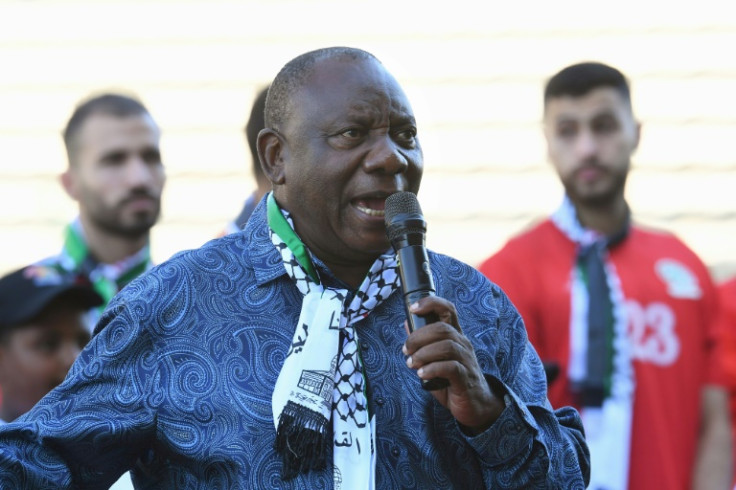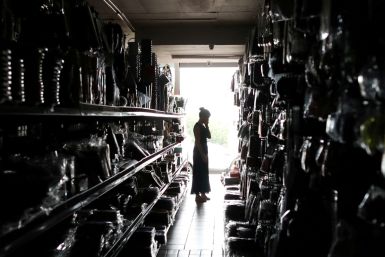President Ramaphosa Begins State Visit To Algeria

On the invitation of Algerian President Abdelmadjid Tebboune, President Cyril Ramaphosa began a State Visit to Algeria on Thursday, and it is expected to end on Saturday.
During the visit, the two leaders are expected to co-chair the 7th Session of the South Africa-Algeria Bi-National Commission (BNC). They will also focus on accelerating efforts to implement the African Continental Free Trade Agreement.
Ramaphosa is leading a delegation that includes Ministers, senior government officials, and business leaders. The visit provides an opportunity for both leaders to discuss regional, continental and global issues of shared interest, SA News reported.
The relationship between South Africa and Algeria lasted for about 30 years and developed into strong political, economic, and social ties.
These relations are managed through the Bi-National Commission (BNC), which serves as a structured platform for cooperation in areas like politics, economy, society, culture, science and technology.
During the 7th session of the BNC, the leaders will review the progress made on decisions from the 6th session in 2015. The session will also provide a platform to sign new Memoranda of Understanding and agreements.
Furthermore, South African and Algerian business leaders will participate in the South Africa-Algeria Business Forum, where companies and entrepreneurs can explore trade, investment opportunities, and technology exchanges.
Last month, Ramaphosa arrived in Brazil to lead South Africa at the Group of Twenty (G20) Leaders' Summit in Rio de Janeiro. The summit will be focusing on "Building a Just World and a Sustainable Planet."
The G20 is the main forum for global economic cooperation and governance, representing 85% of the world's Gross Domestic Product (GDP), 75% of global trade, and two-thirds of the global population.
The G20 consists of 19 countries: Argentina, Australia, Brazil, Canada, China, France, Germany, India, Indonesia, Italy, Japan, South Korea, Mexico, Saudi Arabia, South Africa, Russia, Türkiye, the United Kingdom and the United States. It also includes two organizations: the African Union and the European Union.
South Africa is all set to take on the G20 Presidency from Dec. 1 this year to Nov. 30, 2025.
Aside from this, the two largest economies in Africa -- Nigeria and South Africa -- have officially launched the Joint Ministerial Advisory Council to strengthen economic cooperation over industry, trade, and investment.
© Copyright 2025 IBTimes ZA. All rights reserved.


















